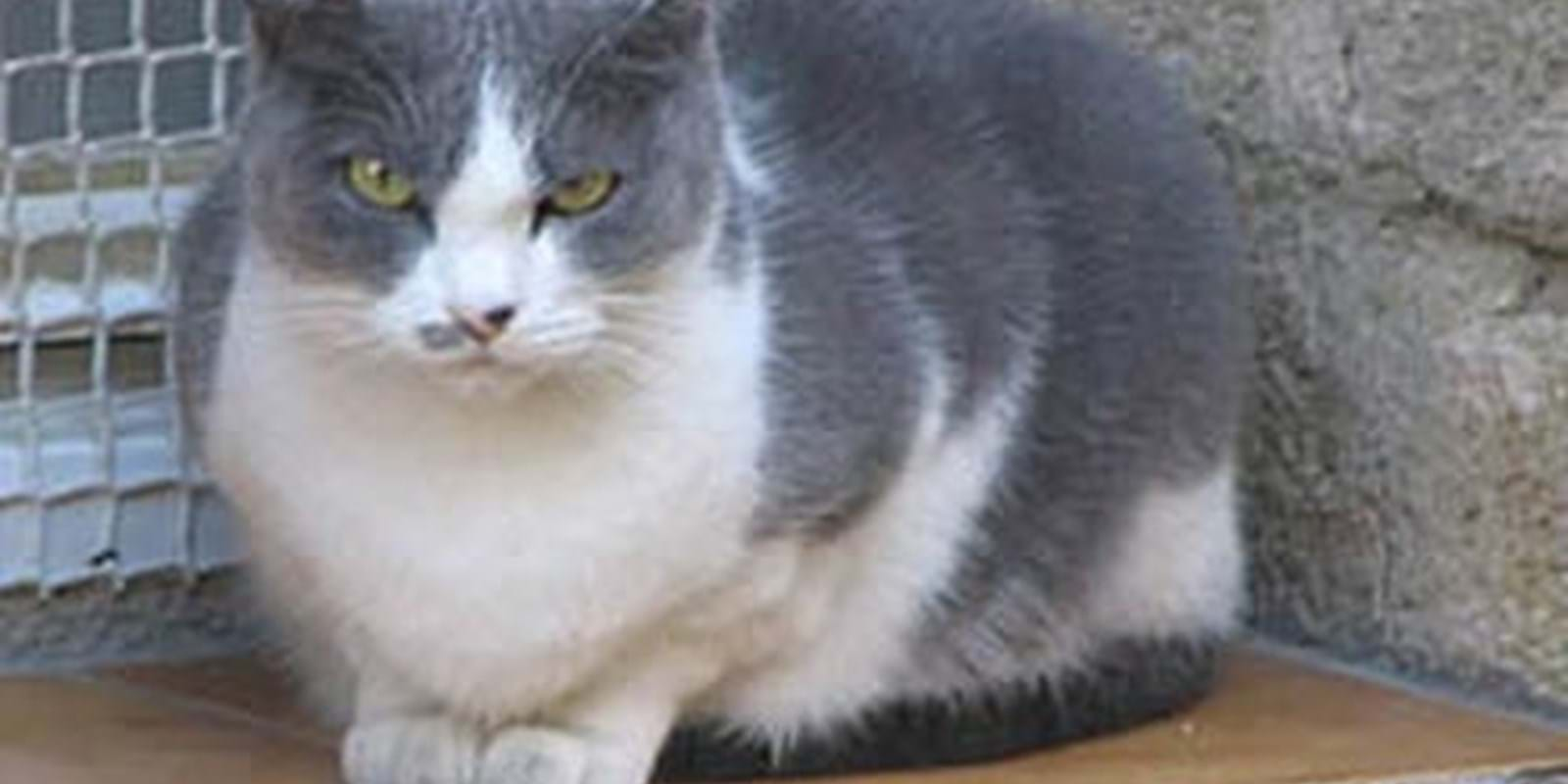The Province of Manitoba has just adopted new guidelines for housing. One of them relates to the security deposit and animals.
Manitoba allowed the owner of rental units to require a deposit not exceeding half of the first month’s rent. The security deposit is retained by the owner until the end of the lease. From the 1st of January 2015 onward owners may also require a higher deposit for new tenants who have a pet. This measure aims to encourage more owners to accept animals in their rental property.
The APQ has been claiming a security deposit for many years. Not only to raise awareness among tenants but also to ensure good tenants to find a clean dwelling, in good condition, upon arrival. And of course, good tenants who take care of their animals would have more choice to find new housing.
Many owners have had very unpleasant situations with animals: scratched floors, feces everywhere, and all of this excluding abandoned animals in the housing.
Besides, in the APQ contest “Photo Contest on moving in Quebec: How does your housing look like after the departure of the tenant?” you will find a floor littered with feces!
Through a fee schedule, a security deposit would arrive at:
o making tenants aware of their responsibility to maintain their housing;
o avoiding the owners to make a change of locks in mailboxes and of keys whenever a tenant moves;
o avoiding the loss of the last month’s rent in the lease;
o performing faster repair of the dwelling for the new tenant if needed.
Let us all claim that property owners can get half a month to one month’s rent!
According to data from the CMHC (1), only the Province of Quebec may not require a security deposit (Comparison with other Provinces of Canada):
Ontario: deposit of the last month’s rent;
Alberta: deposit of one month’s rent in a trust account;
Saskatchewan: deposit of one month’s rent;
British Columbia: the maximum security deposit is equal to half of the monthly rent.
However, the owner who allows pets may also require an additional amount equal to half the monthly rent, i.e. a “deposit for damage caused by a pet.” This means that under equal circumstances the total deposit can reach one month’s rent;
Prince Edward Island: the security deposit shall not exceed an amount equal to one week’s rent for a per week rental and one month’s rent for other types of accommodation;
Manitoba: a deposit of not more than half the first month’s rent may be perceived by the owner. The security deposit is retained by the owner until the end of the lease. (Amended on the 1st of January 2015)
Deposit for damage caused by a pet - Owners who allow tenants to have a pet may require a deposit not exceeding half a month’s rent. The deposit for damage caused by a pet is kept by the owner until the end of the rental period. As of 1 March 2013, the cost of services to tenants may be increased if the number of people living in the housing increases. If the landlord is increasing charges for services to the tenants, the tenant may be required to pay a higher security deposit for services to tenants;
New Brunswick: a security deposit equivalent to one month’s rent is allowed;
Nova Scotia: the security deposit may not exceed half a month’s rent. The owner shall deposit it in a trust account;
Newfoundland and Labrador: the maximum deposit allowed depends on the length of the rental period. For monthly or fixed-term rentals the deposit allowed is three-quarters of the first month’s rent; for rent by the week, it is an amount equivalent to the rent for the first two weeks. The deposit must be kept in a trust account.
(1) Canada Mortgage and Housing Corporation:
https://www.cmhc-schl.gc.ca/en/co/reho/yogureho/fash/index.cfm
Join now
Not already member of the APQ ?
Take advantage of all our services by joining now

